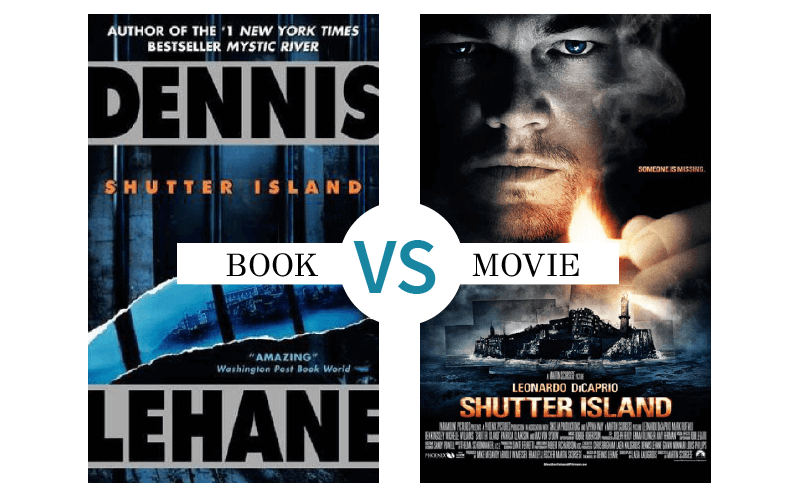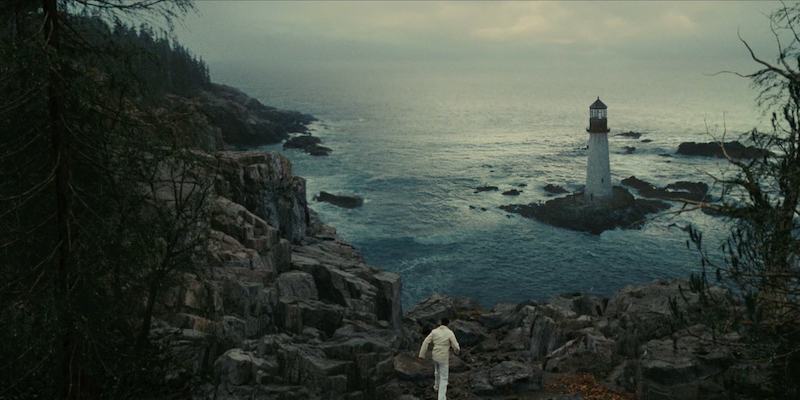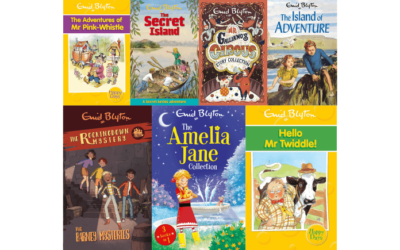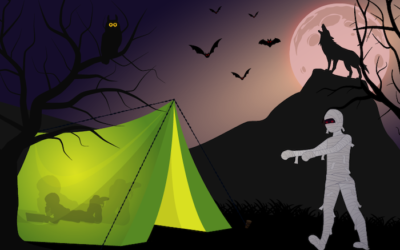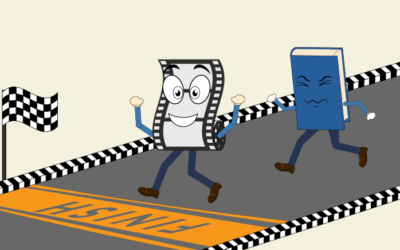Shutter Island
The 2010 film adaptation, directed by Martin Scorsese, is just as gripping. With astounding performances by Leonardo DiCaprio as Teddy, Mark Ruffalo as Chuck, Ben Kingsley as the sinister Dr. Cawley, and Max von Sydow as Dr. Naehring, the movie is able to capture the essence of the novel from the very first shot. While the film sticks, for the most part, to the plot of the novel, there are some noticeable deviations, in particular, the climax of the film which is significantly different.
The film ending, however, is much more ambiguous. While the rest of the plot plays out similarly, in the end, as Laeddis sits with his doctor (who is revealed to be Chuck), he asks the question “Would you rather live as a monster, or die as a hero?” which makes the audience wonder if he is pretending to relapse as he longs for the blissful ignorance that a lobotomy will bring. In an interview, Lehane was asked for his thoughts on the altered ending, and said, “I would say that line, which comes across as a question, he asks it sort of rhetorically …personally, I think he has a momentary flash. To me that’s all it is. It’s just one moment of sanity mixed in the midst of all the other delusions.”
Another significant difference is that Di Caprio’s depiction of Laeddis elicits sympathy from the viewer while his book counterpart is much more malevolent in nature.
Overall, Shutter Island is a wonderful psychological thriller, packed with suspense and very difficult for the reader to put down. Its 2010 film adaptation provides the viewer with a similar and exciting experience while staying largely true to the book. Shutter Island is a tale full of cryptic and puzzling clues, shocking twists, and horrifying revelations- a story that makes one question everything they see and hear. No matter which version one picks up, the ending catches one off guard, and leaves them wondering- what really happened?

With an increasing list of ‘to-read’ books and decreasing space to stack the plethora of novels she hoards, life seems to be a constant struggle between reading the books she owns and wanting to buy new ones. She is often lost between the pages of some engrossing novel that takes up the time required to actually read the books in her syllabus.
Nandini worked as a content intern for The Curious Reader. You can read her articles here.

